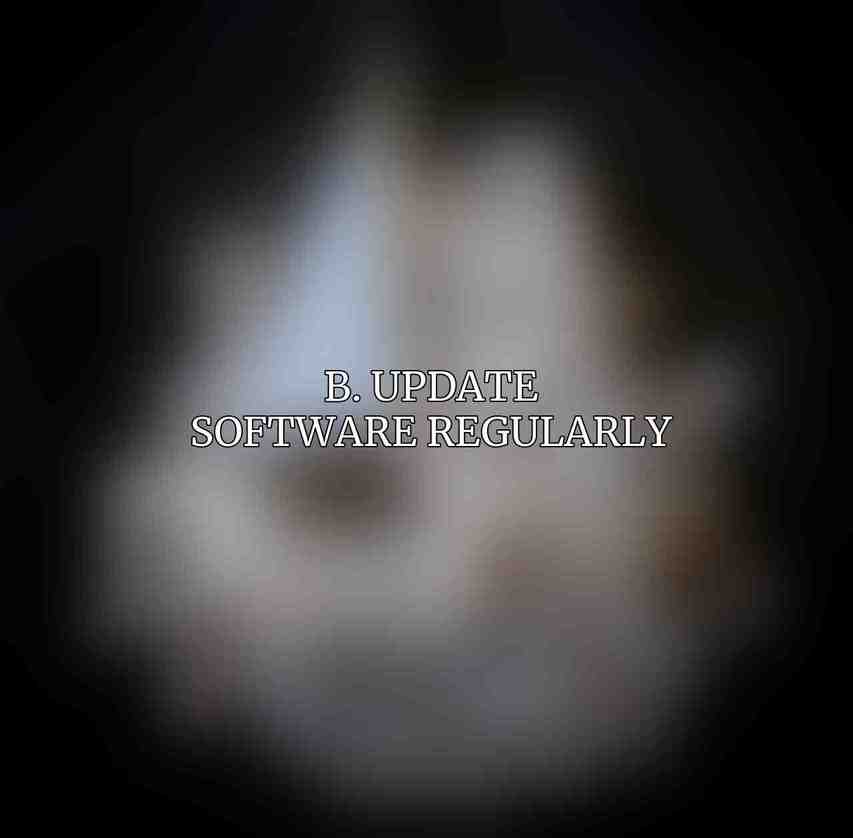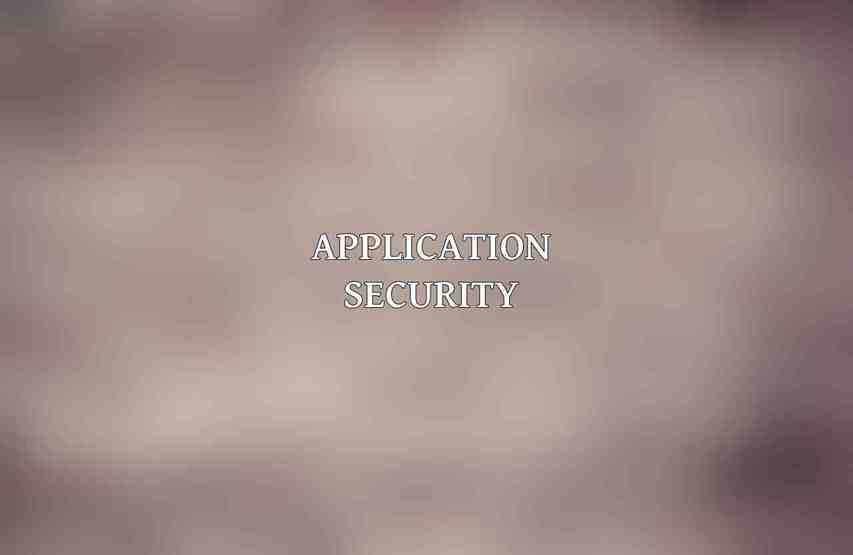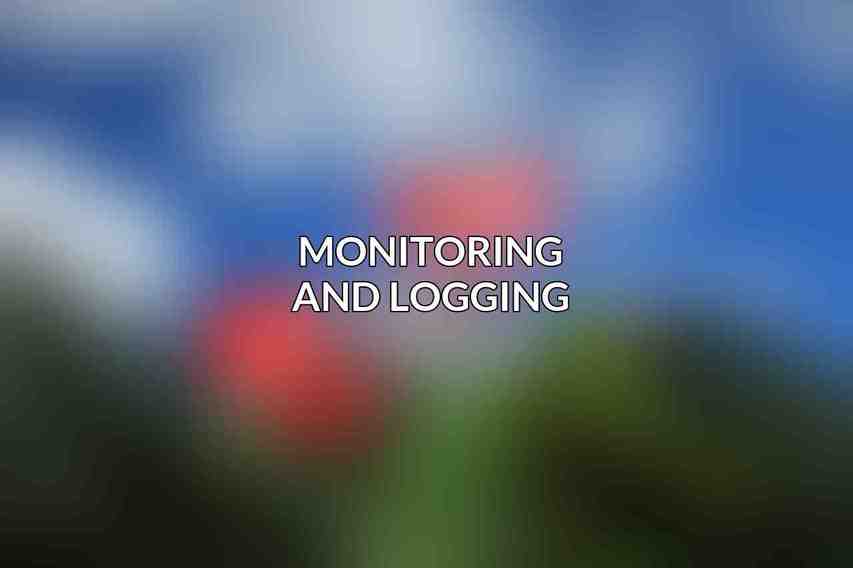When it comes to VPS security, setting up the server with robust security configurations is crucial to safeguarding your data and applications. With Liquid Web hosting, following these best practices ensures a secure server environment:
| Feature | Liquid Web | ||||||||||||||||||||||||||||||||||||||||||||||||||||||||||||||||||||||||||||||||||||||||||||||||||
|---|---|---|---|---|---|---|---|---|---|---|---|---|---|---|---|---|---|---|---|---|---|---|---|---|---|---|---|---|---|---|---|---|---|---|---|---|---|---|---|---|---|---|---|---|---|---|---|---|---|---|---|---|---|---|---|---|---|---|---|---|---|---|---|---|---|---|---|---|---|---|---|---|---|---|---|---|---|---|---|---|---|---|---|---|---|---|---|---|---|---|---|---|---|---|---|---|---|---|---|
| Industry-Leading Security | Yes | ||||||||||||||||||||||||||||||||||||||||||||||||||||||||||||||||||||||||||||||||||||||||||||||||||
| DDoS Protection | Yes | ||||||||||||||||||||||||||||||||||||||||||||||||||||||||||||||||||||||||||||||||||||||||||||||||||
| SSL Certificates | Yes | ||||||||||||||||||||||||||||||||||||||||||||||||||||||||||||||||||||||||||||||||||||||||||||||||||
| Secure Backups | Yes | ||||||||||||||||||||||||||||||||||||||||||||||||||||||||||||||||||||||||||||||||||||||||||||||||||
| Advanced Firewall | Yes | ||||||||||||||||||||||||||||||||||||||||||||||||||||||||||||||||||||||||||||||||||||||||||||||||||
| Intrusion Detection | Yes | ||||||||||||||||||||||||||||||||||||||||||||||||||||||||||||||||||||||||||||||||||||||||||||||||||
| Two-Factor Authentication | Yes | ||||||||||||||||||||||||||||||||||||||||||||||||||||||||||||||||||||||||||||||||||||||||||||||||||
| PCI Compliance | Yes | ||||||||||||||||||||||||||||||||||||||||||||||||||||||||||||||||||||||||||||||||||||||||||||||||||
| SOC 2 Type II Certification | Yes | ||||||||||||||||||||||||||||||||||||||||||||||||||||||||||||||||||||||||||||||||||||||||||||||||||
| Learn More | |||||||||||||||||||||||||||||||||||||||||||||||||||||||||||||||||||||||||||||||||||||||||||||||||||
| Visit Liquid Web | |||||||||||||||||||||||||||||||||||||||||||||||||||||||||||||||||||||||||||||||||||||||||||||||||||
A. Harden SSH Access
- Enable key-based authentication: Utilize key-based SSH authentication instead of passwords for stronger security.
- Firewall (ufw/iptables) to restrict incoming traffic:
- Allow only necessary ports to reduce the attack surface.
- Deny access from unknown IP addresses to prevent unauthorized entry.
- Disable root login: Preventing root login reduces the risk of unauthorized access.
- Use SSH port forwarding: Securely access services remotely by forwarding ports through an SSH tunnel.
B. Update Software Regularly

- Install updates promptly: Regularly updating software patches vulnerabilities and enhances security.
- Use an automated update management system: Employ automation tools to streamline and ensure timely updates.
C. Install Fail2Ban
- Blocks malicious IP addresses attempting to brute force logins.
- Configure Fail2Ban to monitor services like SSH, FTP, and other potential entry points for unauthorized access attempts.
Network Security
Maintaining a secure network infrastructure is vital in the defense against cyber threats. With Liquid Web hosting, implement the following practices:
A. Configure a Firewall
- Liquid Web provides a built-in firewall using VMware NSX-T. Create specific rules to allow or block traffic.
- Enable the Intrusion Detection System (IDS) within the firewall for proactive security measures.
B. Regularly Monitor Network Traffic
- Utilize tools such as Netstat and Wireshark to monitor network activity for any anomalies.
- Detect unauthorized connections promptly to prevent potential data breaches.
C. Enable Intrusion Prevention System (IPS)
- Liquid Web’s NSX-T firewall offers IPS capabilities, blocking malicious traffic and safeguarding your network.
- Prevent security breaches by actively monitoring and blocking suspicious network behavior.
Application Security

Protecting your applications from cyber threats is paramount for VPS security. With Liquid Web hosting, implement these best practices:
A. Use Secure Coding Practices
- Employ secure coding techniques to mitigate common vulnerabilities.
- Validate user input and sanitize data to prevent injection attacks.
B. Implement Web Application Firewall (WAF)
- Safeguard web applications with a Web Application Firewall.
- Liquid Web offers the Liquid Web Application Security Guard for real-time threat detection and rule-based protection.
C. Use Strong Authentication
- Implement two-factor authentication to add an extra layer of security.
- Enforce complex password policies to enhance user account security.
Data Security
Ensuring the security of your data is essential for VPS hosting. With Liquid Web, prioritize the following data security measures:
A. Implement Backups
- Regularly back up data to prevent loss in case of a security incident.
- Utilize Liquid Web’s automated Site Backup Service for seamless backup management.
B. Encrypt Data at Rest
- Protect sensitive data by encrypting it on storage devices.
- Liquid Web provides built-in disk encryption for added data security.
C. Limit Access to Sensitive Data
- Assign access permissions carefully to restrict unauthorized access.
- Employ data masking techniques to conceal sensitive information within applications.
Monitoring and Logging

Monitoring and logging are essential components of VPS security. With Liquid Web hosting, ensure comprehensive monitoring with the following practices:
A. Enable System Logging
- Configure system logging to record critical system events.
- Regularly review logs to identify and investigate any suspicious activities.
B. Use Intrusion Detection System (IDS)
- Detect and alert on potential security threats with an IDS.
- Leverage Liquid Web’s NSX-T firewall, which includes an integrated IDS for enhanced security.
C. Monitor Security Logs
- Regularly monitor security logs for signs of unauthorized access or abnormal behavior.
- Employ log analysis tools like Splunk or Graylog to parse and interpret log data efficiently.
Security Auditing and Compliance
Regular security audits and compliance adherence are crucial for maintaining a secure VPS environment. Consider the following practices with Liquid Web hosting:
A. Conduct Regular Security Audits
- Periodically assess your security posture to identify vulnerabilities.
- Implement remediation measures promptly to address any security gaps.
B. Comply with Industry Standards
- Adhere to industry security certifications such as ISO 27001 or PCI DSS.
- Benefit from Liquid Web’s compliance assistance and solutions to ensure regulatory compliance.
Additional Resources from Liquid Web:– VPS Hosting Security Features– Managed VPS Hosting with Enhanced Security– Liquid Web Application Security Guard
Frequently Asked Questions
What is VPS security?
VPS security refers to the measures taken to protect a Virtual Private Server (VPS) from unauthorized access, attacks, data breaches, and other security threats.
Why is VPS security important?
VPS security is crucial because it helps prevent data loss, downtime, and financial losses resulting from cyber attacks or security breaches. By implementing best practices, you can safeguard your server and sensitive information.
What are some VPS security best practices with Liquid Web Hosting?
Some VPS security best practices with Liquid Web Hosting include regularly updating software and applications, using strong passwords, implementing firewall rules, enabling intrusion detection systems, and regularly monitoring server logs.
How can I secure my VPS hosted with Liquid Web Hosting?
To secure your VPS hosted with Liquid Web Hosting, you can enable two-factor authentication, restrict access to your server, regularly back up your data, encrypt sensitive information, and use a secure SSL certificate.
What should I do if I suspect a security breach on my VPS hosted with Liquid Web Hosting?
If you suspect a security breach on your VPS hosted with Liquid Web Hosting, you should immediately change all passwords, disconnect the server from the network, contact Liquid Web Hosting’s support team, and conduct a thorough security audit to identify and address any vulnerabilities.

